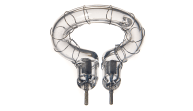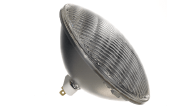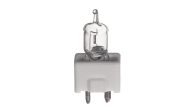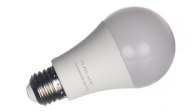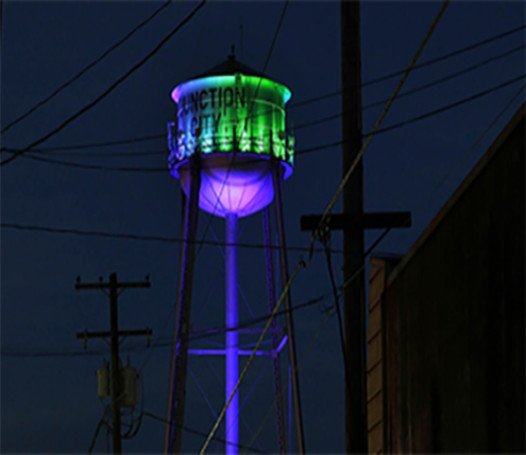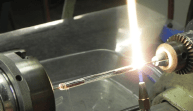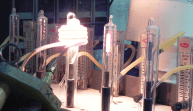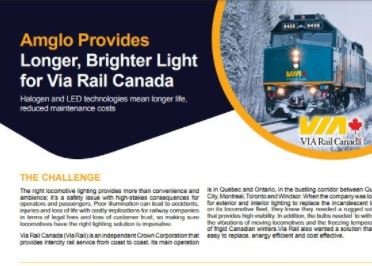
What to Look for in a Manufacturing Partner When Safety and Reliability Matter Most
When producing equipment used in mission-critical environments, every component matters. The companies that rely on your products count on them to perform flawlessly, and that level of trust extends all the way through your supply chain. That’s why choosing the right manufacturing partner isn’t just a procurement decision; it’s a strategic one. The partner plays a direct role in how safely, reliably, and consistently the final product performs.
Here are four questions to ask when evaluating a manufacturer whose products influence safety and reliability.
1. Does the manufacturer have a reputation for producing quality products?
A manufacturer’s quality standards say everything about its commitment to safety.
Start by reviewing their quality management systems. Are they certified to recognized industry standards? Do they follow documented processes for inspection, testing, and continuous improvement? Strong manufacturers are transparent about their quality controls.
Additionally, proof of long-term performance includes historical defect rates, incoming inspection results, and case studies that illustrate how they respond when issues arise. Consistency is the foundation of trust, and trust is non-negotiable when safety is the priority.
2. Does the manufacturer follow strict manufacturing standards?
Precision is the difference between a component that simply functions and one that performs at the level required by mission-critical applications. For lighting components used in aviation, rail, or other transportation sectors, tolerances must be exact, materials must be rigorously selected, and assembly must follow strict engineering standards.
When evaluating a manufacturer, consider:
• Engineering capabilities: Do they have in-house expertise to meet complex requirements?
• Advanced manufacturing technology: Are they equipped with modern tools and automated processes that ensure repeatability?
• Specialized knowledge: Have they demonstrated experience in your specific sectors, such as producing lamps or lighting components for high-stakes applications?
3. Does the manufacturer align with your business culture and vision?
Technical ability matters, but so does cultural alignment. You’re not just looking for a supplier—you’re building a partnership that may last for years. The best manufacturing relationships are grounded in shared values, open communication, and a mutual commitment to excellence.
Here’s what to look for:
• Responsiveness: Do they communicate proactively and promptly address questions?
• Transparency: Are they open about production timelines, challenges, and opportunities for improvement?
• Innovation mindset: Do they invest in new capabilities and technologies that will keep you competitive?
• Long-term vision: Does their mission align with your organization’s approach to safety, quality, and customer experience?
A manufacturer that sees itself as an extension of your team will contribute more strategically to your success.
4. What is the manufacturer’s stability and track record?
A company’s history can reveal a lot about how it will handle your business. Look for a partner with a record of resilience, customer satisfaction, and continuous improvement. These traits reflect a commitment to delivering quality not just today but for years to come.
Amglo: A Partner Built on Eight Decades of Excellence
When it comes to choosing a manufacturer for safety-critical products, experience matters and few companies can match the heritage of Amglo. For more than 85 years, Amglo has been designing and manufacturing high-performance lamps trusted in aircraft, rail, and other demanding applications.
Amglo’s engineering expertise, rigorous testing protocols, and specialized manufacturing capabilities reflect everything your company should expect from a dependable partner. Backed by a culture that values integrity, responsiveness, and continuous improvement, Amglo continues to meet the highest standards of performance and safety. After eight decades, one thing is clear: We must be doing something right—and our customers’ confidence proves it.

